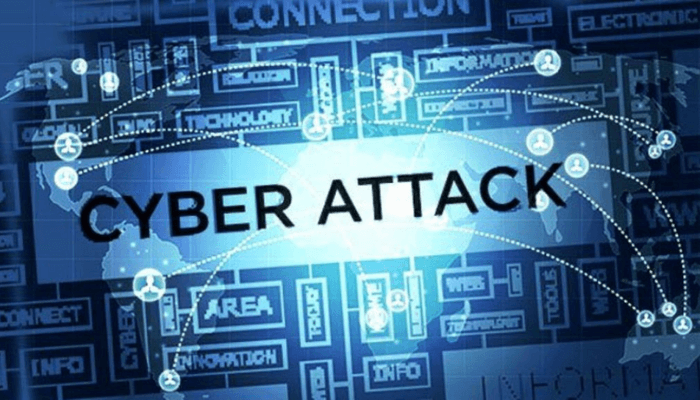Nigeria is the third most vulnerable country to cyber-attacks, with banking malware attacks rising to 8 percent in 2023.
Despite an overall 10 percent decrease in threats nationwide, Kaspersky disclosed in a report that the rise in attacks targeting online banking credentials and sensitive information was a significant cause for alarm.
With cybercriminals becoming more sophisticated in their attempts, it has become increasingly possible for a user to interact with a scammer or click on a phishing link without knowing.
In a new guideline, Kaspersky shared new tips on how to protect your account from getting hacked. They include:
Do not give out valuable information
The cybersecurity firm said, “If something feels off about a website asking for your name, email, phone number, or bank card information, close it immediately.” It further asked users to end calls that feel strange and suspicious video conference meetings.
Disconnect your device from the Internet
“This is essential if you have installed any applications at someone’s request or if someone has done something on your computer using remote control tools. If this has happened, chances are that malware has been installed on your computer or smartphone,” Kaspersky stated.
Change your passwords
“You must regularly change the passwords to all your accounts. However, if you have interacted with a hacker, it is vital to quickly log in to the service in question and change the password immediately. If you disconnected your device from the Internet, use another device rather than plugging in the potentially infected one,” the cyber security firm declared.
Contact your bank or service provider
“If you provided bank card numbers or other financial information, contact the bank immediately. You can usually block cards through a dedicated hotline, as well as through a mobile app and your personal account on the website,” it noted.
Check your device
Kaspersky further highlighted, “If your device does not have protection or if the protection databases are outdated, then use another device to download protection from the manufacturer’s official website.”
The cybersecurity firm also advised users to constantly check for suspicious activity, including their recent purchases, social media posts, and other online activities.


